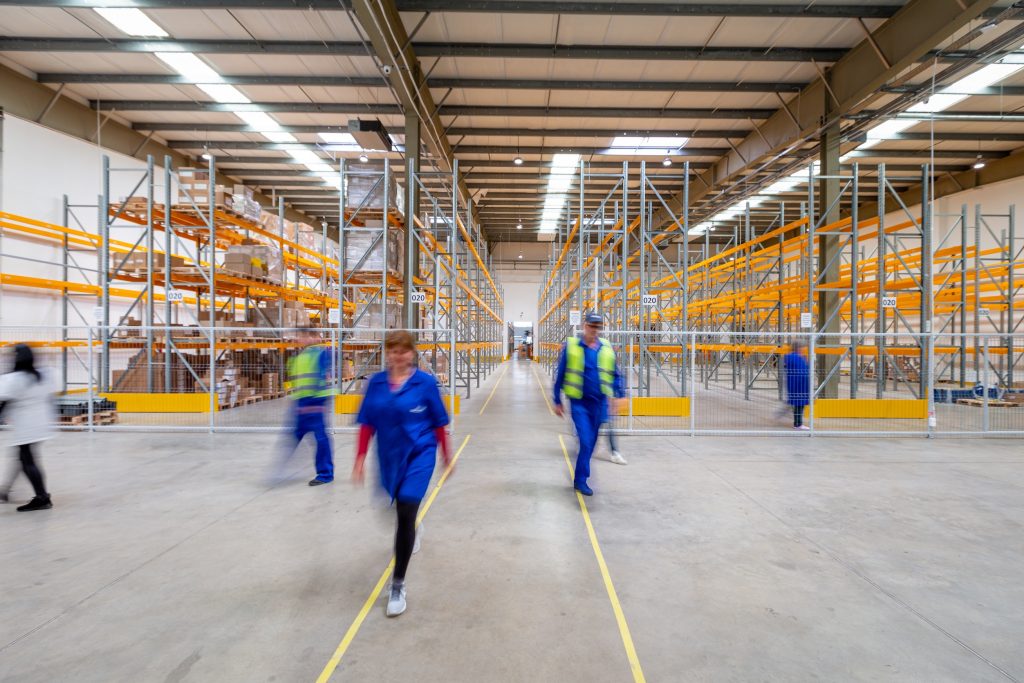The Made Smarter Innovation | Digital Supply Chain Hub is a £25 million programme with a vision to transform UK manufacturing through digitally empowered supply chains that are more efficient, resilient and sustainable. The Hub aims to achieve this by developing and empowering a globally competitive, digital innovation ecosystem, working together to address and prepare for the critical supply chain challenges facing UK manufacturing.
Central to our work is delivering real world impacts to businesses in UK supply chains. This means more than developing digital solutions but to mobilise all of our resources and that of our ecosystem to deliver value in line with three core themes:
- Sustainability and circularity
- Resilience
- Collaboration
Whilst this does mean that we need to invest in technology solutions, it also means that we need to invest in supply chains so that they can be ready to benefit from the transformational solutions that the UK has to offer both now and in the near future.


